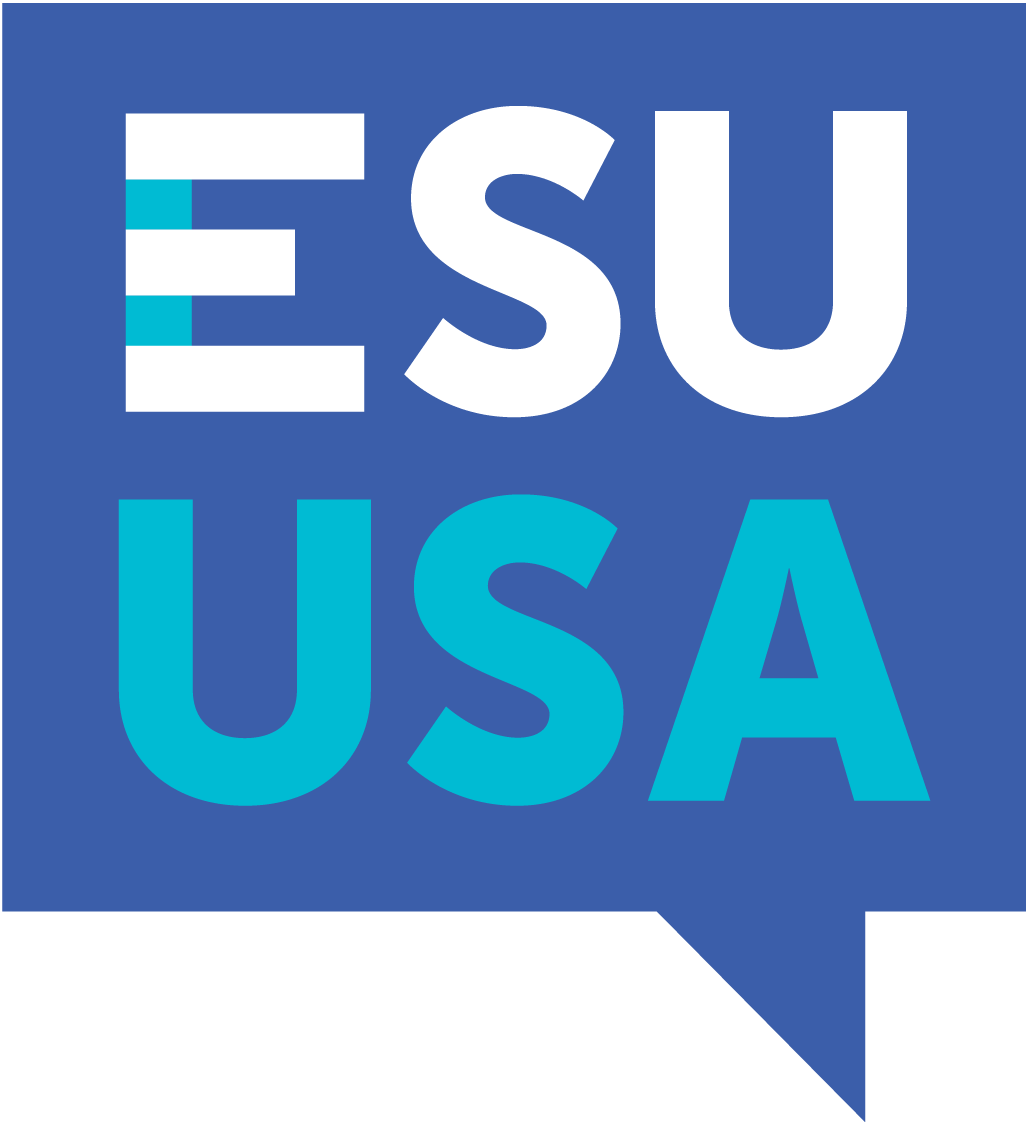
National Shakespeare Competition
Lesson Plans & Teaching Materials
Reminder:Remember to check and see if your students are required to select pieces from a specific list provided by your local ESU Branch. If you are in doubt, please ask your local ESU Branch Shakespeare Coordinator. FIND YOUR BRANCH |
Here are lesson plans on monologues and sonnets designed to help you implement the Competition in your classroom and beyond. They were created by Susan Biondo-Hench, our Competition Teacher Liaison.
MONOLOGUE
Week 1: Getting to Know Monologues and the ESU National Shakespeare Competition
Aims: Introduce students to the English-Speaking Union National Shakespeare Competition, share several videos of successful monologues from the Competition, and have the students select and begin to explore their own monologues.
Week 2: Taking the Monologue Out for a Walk
Aims: Students continue to research the monologue and begin the physical work of putting the monologue up on its feet.
Week 3: Going in Circles: Exploring the Monologue's Reach
Aims: Students refine their understanding of their monologues and expand their physical engagement with the text.
Week 4: Unpacking the Monologue's Center
Aims: Deepen the students' work with the monologues and build their confidence in presenting their monologues in front of others.
Week 5: Workshopping the Monologues
Aims: Hold a monologue workshop, where the students recite their complete monologues in front of each other and offer feedback to their peers; they assess their progress, benefit from seeing their classmates' work and set personal goals for their formal presentations at the school competition rehearsal next week.
Week 6: Completing a Competition Dress Rehearsal
Aims: Students draw their work with their monologues to a close by participating in a dress rehearsal for the school competition, assessing and reflecting on their progress. They complete final presentations of their monologues, and each monologue presentation is assessed for a final grade.
SONNET
Week 1: Getting to Know Shakespearean Sonnets
Aims: Introduce students to the format of a Shakespeare sonnet, get the students on their feet and speaking text aloud, and have the students select and begin to explore their own sonnets.
Week 2: Taking the Sonnet Out for a Walk
Aims: Students continue to research the sonnet and begin the physical work of putting the sonnet up on its feet.
Week 3: Going in Circles: Exploring the Sonnet's Reach
Aims: Students refine their understanding of their sonnet and expand their physical engagement with the text.
Week 4: Unpacking the Sonnet's Center
Aims: Deepen the students' work with the sonnets and build their confidence in presenting their sonnets in front of others.
Week 5: Workshopping the Sonnets
Aims: Hold a sonnet workshop where the students recite their complete sonnets in front of each other and offer feedback to their peers; they assess their progress, benefit from seeing their classmates' work and set personal goals for their formal recitations.
Week 6: Holding a Sonnet Recitation Festival
Aims: Students draw their work with their sonnets to a close by participating in formal recitations, assessing and reflecting on their progress. They complete final presentations of their sonnets, and each sonnet recitation is assessed for a grade.

 Share
Share Print
Print Facebook
Facebook YouTube
YouTube LinkedIn
LinkedIn Email
Email Twitter
Twitter